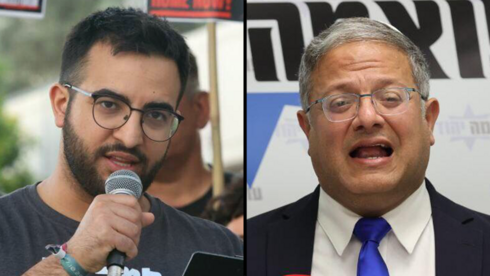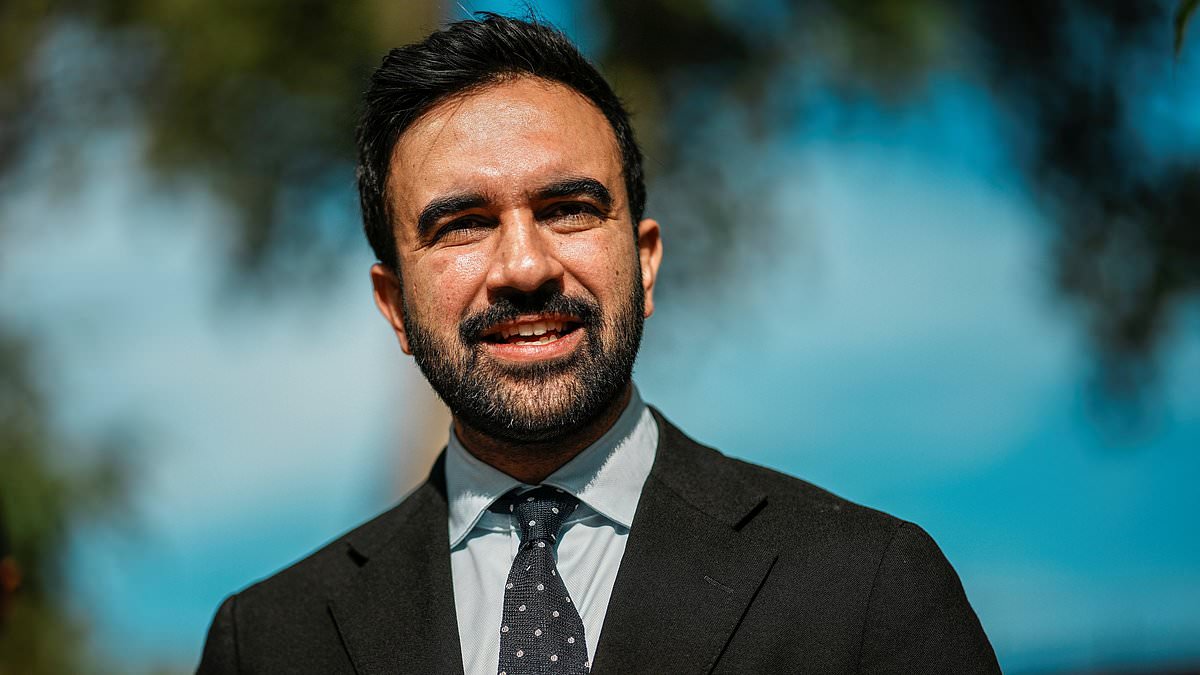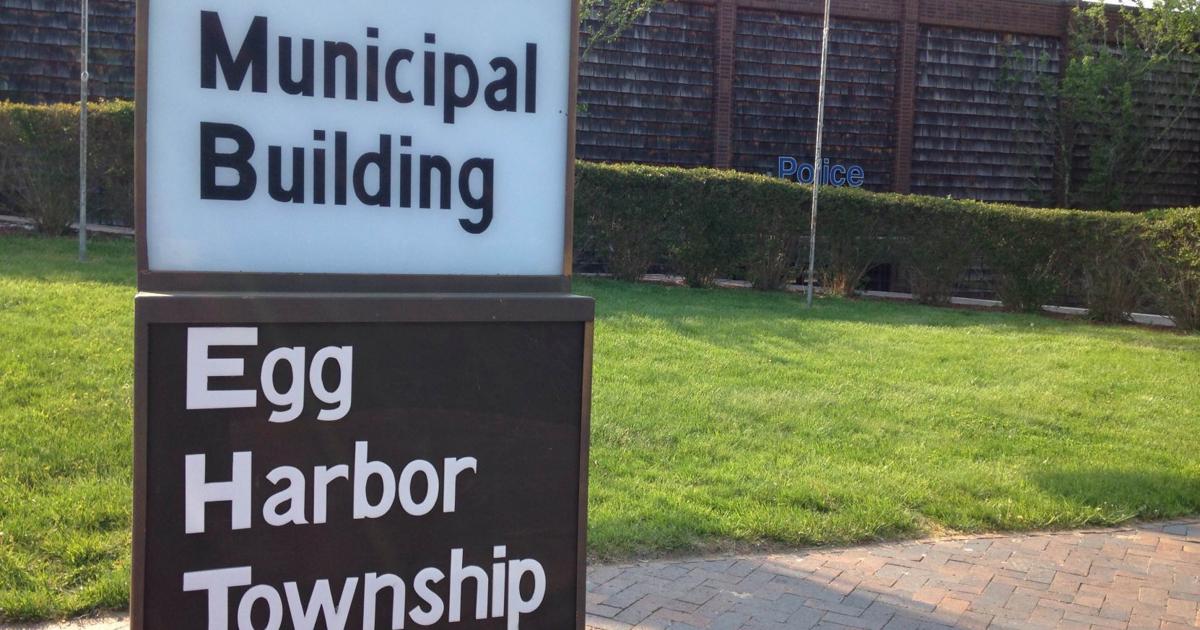Copyright ynetnews

The brother of freed hostage Nimrod Cohen launched a fierce attack overnight Sunday on National Security Minister Itamar Ben-Gvir, accusing him of bearing responsibility for the torture his brother endured while held captive in Gaza. The accusations follow growing controversy over Ben-Gvir’s statements on harshening prison conditions for Palestinian security prisoners — rhetoric that Israel’s Shin Bet security service has warned could endanger Israelis held by Hamas. Nimrod Cohen was among dozens of Israeli civilians and soldiers abducted by Hamas during the October 7, 2023 attacks and held in Gaza for months under severe conditions. Many freed hostages have described beatings, starvation and psychological abuse. Several, including Bar Kuperstein and Segev Kalfon, have said their captors cited Ben-Gvir by name while assaulting them, claiming the mistreatment was retaliation for his policies. Ben-Gvir, a far-right minister and leader of the Otzma Yehudit party, has long advocated for tougher measures against Palestinian prisoners, including restricting visits and reducing privileges. His approach has drawn criticism from across Israel’s security establishment, which has cautioned that his public declarations could inflame tensions and provoke retaliation against Israelis in captivity. Yotam Cohen, Nimrod’s brother, accused Ben-Gvir on the social media platform X of prioritizing publicity over human life. “For likes on TikTok, my little brother was beaten and tortured — you knew and kept going anyway. You’re filth, you’ll burn in hell for what you did to them,” he wrote. Cohen’s post came after similar accounts from freed hostages Kuperstein and Kalfon. In an interview with KAN 11’s Zman Emet program, Kuperstein said Hamas captors tied his legs to a stick, beat him and said, “This is because of Ben-Gvir. Whatever he does to our prisoners, you’ll get in return.” Kalfon told ynet that “every time the terrorists saw Ben-Gvir on TV, they beat us savagely.” Kuperstein said he realized that Ben-Gvir’s words were having a direct effect on his captors’ behavior. “Around day 270, there was an issue about Ben-Gvir and the prisoners. They came to us, beat us and said, ‘This is because of Ben-Gvir.’ I feared they were about to cut off my legs,” he said. Last week, ynet journalist Nadav Eyal reported that the Shin Bet had warned both Ben-Gvir and Prime Minister Benjamin Netanyahu as early as late 2024 that the minister’s rhetoric regarding security prisoners could endanger the hostages still held in Gaza. When asked if he was angry about Ben-Gvir’s comments, Kuperstein told ynet: “I was angry that it went public. You know we’re in their hands — why give them a reason to torture us? You’re a government minister you’re supposed to protect us.” Ben-Gvir responded Sunday night on X, writing: “I embrace Bar Kuperstein and all the hostages who came home, but the Israeli media is adopting Hamas’s narrative. The terrorists didn’t need an excuse to murder and rape on October 7 — all that happened before any changes were made in the prisons.” The minister did not directly address the claims that his remarks led to attacks on hostages, saying instead that “even the Shin Bet now admits that publicizing the new prison policy led to fewer terror attacks and deterred Hamas.” Yotam Cohen dismissed Ben-Gvir’s explanation, calling him “a convicted criminal, a grown baby, childish, foolish and addicted to attention. You are one of the worst things that has happened to this country in its short history.” Kuperstein’s mother, Julie, spoke Monday morning on ynet about her son’s recovery and his remarks about Ben-Gvir. “I was surprised to hear it, but I’m not getting into politics,” she said. “Ben-Gvir is a Jew, one of our own. I’m not going to serve Hamas.” She said her son’s faith helped him survive captivity. “It’s amazing, the faith that kept Bar — and all of us — going. He wasn’t religious before, but when he came back he suddenly asked for a tzitzit (ritual garment) and said he dreamed of leaving the tunnel and putting on tefillin (phylacteries). I didn’t expect that. The main thing is that he’s home.” Julie recounted a chilling moment when her son thought he was about to be executed. “As Ohad Ben-Ami said, they divided them into groups and told them they would be shot. They asked who would volunteer first. There was chaos, and Bar sat with Ohad and said Shema Yisrael,” she said, referring to Judaism’s central prayer. “He saw his life flash before his eyes and told himself he was in God’s hands — a mantra he repeated over and over. He said the Creator protected him in the tunnels.” She said Bar told her that one of his attackers was known among the hostages as “the Joker.” “He was one of the big ones there, always behaving the same way. He took Bar’s phone. We passed the information to the authorities, but my Bar is home — that’s all that matters.” Julie described the early days after her son’s return home. “I wake up, sit with him for breakfast, touch him and can’t believe he’s here. Suddenly he has food, a shower, toilet paper — things they didn’t have. Everyone is hugging him, taking pictures. The people of Israel have surrounded us with love.” She said the family is still adjusting. “Time is flying. Suddenly there’s abundance and love from every direction. He’s still not used to it — he’s so grateful and full of love for the people of Israel.” Her husband Tal, she said, is overjoyed to see their son standing and talking again. “It’s a huge celebration. We deserve it after everything we’ve been through. There’s no greater happiness.” Julie said her son lost about 35 kilograms (77 pounds) during captivity. “He used to be a strong security guard, 80 kilos. Now he eats slowly, his stomach has shrunk, he has no appetite. He’s gained a little back — God willing, he’ll recover fully.” She ended with a plea not to forget those still held in Gaza. “Don’t forget the 13 hostages who remain there. We must keep praying that they’re brought back for burial in Israel. May it happen soon.”



